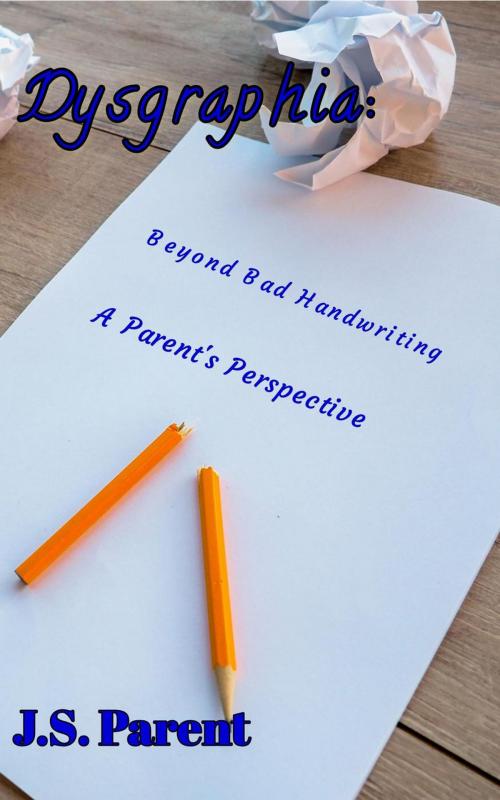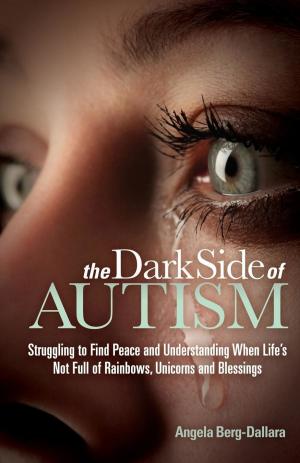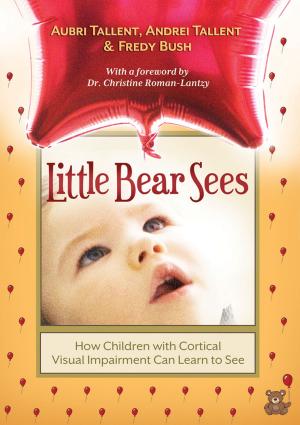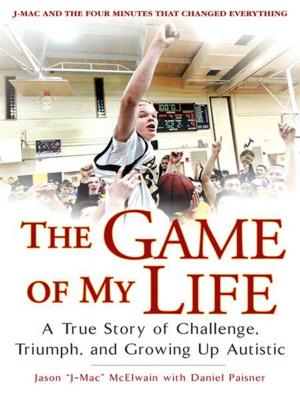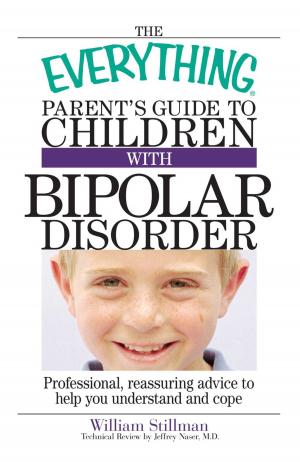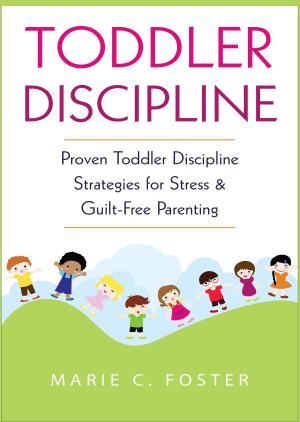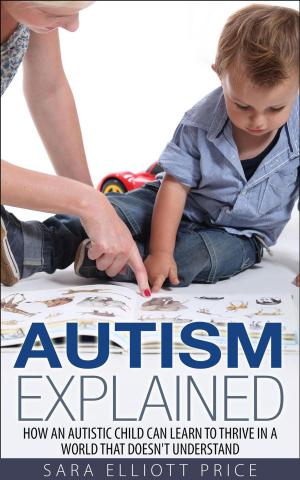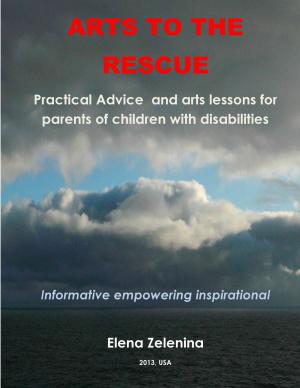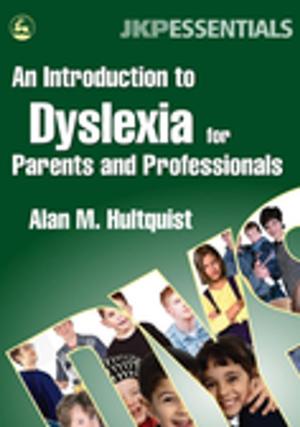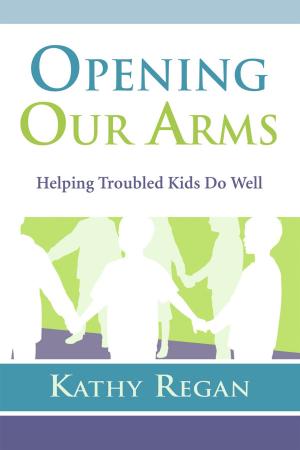Dysgraphia: Beyond Bad Handwring, A Parent's Perspective
Nonfiction, Reference & Language, Education & Teaching, Special Education, Socially Handicapped, Learning Disabled, Family & Relationships, Parenting, Special Needs| Author: | J.S. Parent | ISBN: | 9781386581727 |
| Publisher: | J.S. Parent | Publication: | February 18, 2018 |
| Imprint: | Language: | English |
| Author: | J.S. Parent |
| ISBN: | 9781386581727 |
| Publisher: | J.S. Parent |
| Publication: | February 18, 2018 |
| Imprint: | |
| Language: | English |
If you are a parent or teacher of a child who struggles with writing and you think he or she is simply lazy, unmotivated, or defiant, you might be overlooking a learning disability called developmental dysgraphia and you should read this book.
Developmental Dysgraphia is a life-long, learning disability that adversely impacts a child's ability to write. Unfortunately, there is little awareness of this disability and as a result, children frequently go undiagnosed and unidentified, which can lead to emotional harm and academic difficulties/failures. Worse still, even when identified, children often continue to suffer as a result of a lack of understanding and awareness of the impact of the disability and the accommodations, supports, and services that are needed to address it. What is often misunderstood is that, while it can affect the neatness of handwriting, dysgraphia is not just a handwriting problem but is so much more than that.
In Dysgraphia: More than Bad Handwriting, the author shares some of her personal experiences and observations about dysgraphia and advocating for her two children with dysgraphia. She also obtained comment from one of her children as to how it feels to have dysgraphia and being told to try harder is not the answer.
If you are a parent or teacher of a child who struggles with writing and you think he or she is simply lazy, unmotivated, or defiant, you might be overlooking a learning disability called developmental dysgraphia and you should read this book.
Developmental Dysgraphia is a life-long, learning disability that adversely impacts a child's ability to write. Unfortunately, there is little awareness of this disability and as a result, children frequently go undiagnosed and unidentified, which can lead to emotional harm and academic difficulties/failures. Worse still, even when identified, children often continue to suffer as a result of a lack of understanding and awareness of the impact of the disability and the accommodations, supports, and services that are needed to address it. What is often misunderstood is that, while it can affect the neatness of handwriting, dysgraphia is not just a handwriting problem but is so much more than that.
In Dysgraphia: More than Bad Handwriting, the author shares some of her personal experiences and observations about dysgraphia and advocating for her two children with dysgraphia. She also obtained comment from one of her children as to how it feels to have dysgraphia and being told to try harder is not the answer.
